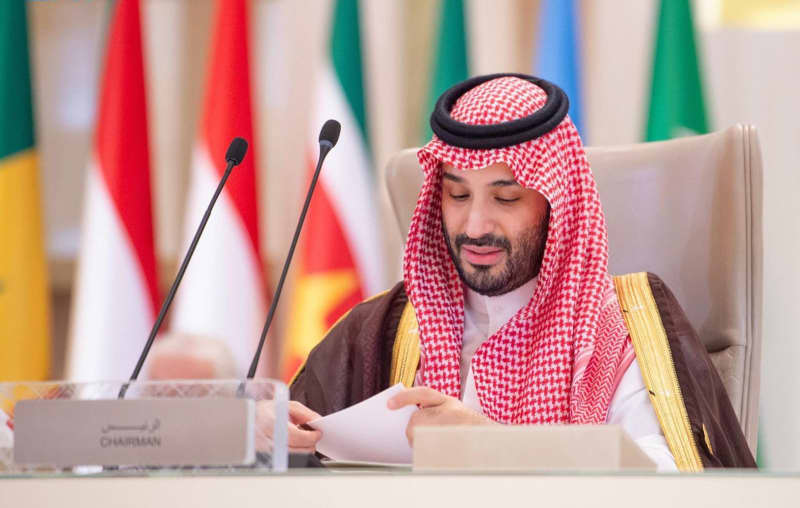Crown Prince Mohammed bin Salman of Saudi Arabia will not be attending the upcoming G20 summit scheduled to take place in Brazil, as confirmed by a reliable source within the country. The reason for his absence has not been disclosed. Instead, the Crown Prince is set to participate in a Gulf summit in Kuwait on December 1. Following this, he will host French President Emmanuel Macron, whose visit to Saudi Arabia is slated for December 2. The source, who requested anonymity, did not provide further details regarding the Crown Prince’s health or related rumors about an ear issue that may complicate long-haul travel.
The G20 summit, which will occur in Rio de Janeiro, is expected to address several pressing global issues. Key topics on the agenda include the alleviation of poverty, necessary reforms of international institutions, strategies for climate protection, and ongoing conflicts that affect both Ukraine and the Middle East. As the world’s leading oil exporter and a fundamental player in the international economy, Saudi Arabia holds a significant position in the G20, serving as the only Arab representative in this prestigious group of countries.
The decision for Crown Prince Mohammed bin Salman to skip the summit may highlight priorities centered on regional diplomacy and relationships, particularly with fellow Gulf states and France. His upcoming engagements indicate a push for strengthening bilateral ties and fostering cooperation within the Gulf region. This suggests a strategic approach to regional affairs, potentially prioritizing local alliances over participation in broader international discussions, reflecting Saudi Arabia’s focus on its immediate interests and partnerships.
Crown Prince Mohammed bin Salman’s leadership style and foreign policy initiatives have gained international attention, as he seeks to modernize his country amid a complex and evolving geopolitical landscape. His engagement with Gulf neighbors and major powers, such as France, reveals an ambition to enhance Saudi Arabia’s influence and stability in the region. However, his absence from the G20 summit raises questions about the future of Saudi Arabia’s role in global discussions on economic and environmental issues, particularly at a time when cooperation is essential for addressing global challenges.
Given the summit’s focus on critical topics such as climate change and socio-economic reforms, many observers may wonder how Saudi Arabia’s absence, particularly its de facto leader’s, will affect the dialogue around these issues. As the G20 strives to build consensus on these essential matters, the lack of Saudi representation could hinder articulate discussions about energy resources and policy reforms necessary for sustainable global development, especially considering the nation’s significant influence due to its oil production capabilities.
In conclusion, while Crown Prince Mohammed bin Salman may not be present at the upcoming G20 summit in Brazil, his upcoming engagements, particularly in the Gulf region, illustrate a nuanced approach to foreign policy that balances immediate regional priorities with the broader strategical interests of Saudi Arabia. His decision underscores the complexities facing leaders as they navigate attendance at global summits, weighed against personal health issues and the pressing need for regional diplomacy in an interconnected world. The implications of his absence will be closely observed, especially as global leaders reconvene to address pressing concerns like climate protection and economic stability.

